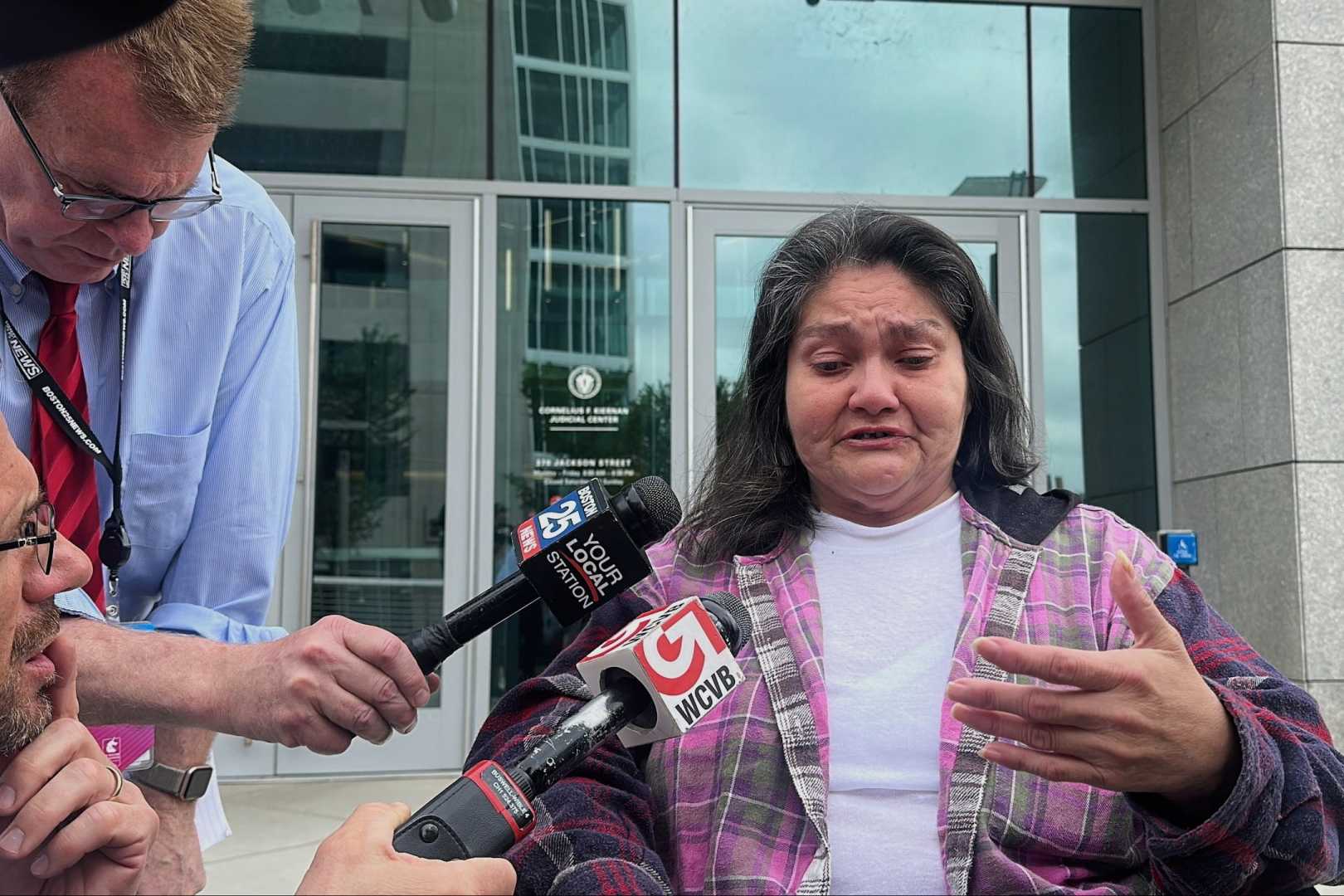News
Mass. Supreme Court to Weigh Pay Raises for Court-Appointed Attorneys

BOSTON, Massachusetts — The Massachusetts Supreme Judicial Court will hear oral arguments in November to determine if trial courts can raise pay for court-appointed attorneys. This decision comes amid a work stoppage by many bar advocates who have not been taking new cases since May, demanding higher compensation.
The seven-member panel will consider whether to approve pay raises across the board or case by case. This is a response to the ongoing crisis in the criminal justice system where a significant number of defendants are without legal representation.
Judges have raised concerns that this situation is a crisis, particularly since an emergency protocol was set up to manage cases with unrepresented defendants. Justice Dalila Argaez Wendlandt noted the courts’ limited resources and the urgent need to address this issue, stating that it is not clear if the recent legislative pay increase will alleviate the attorney shortage.
In August, Governor Maura Healey signed a bill that provided a modest raise for appointed attorneys, increasing their pay by up to $20 over two years. However, advocates highlighted that this amount is far less than the $60 increase they requested.
The halt in bar advocate services has left public defenders overwhelmed, taking on a growing number of cases. Public defenders are now handling approximately 20% of the criminal cases in Suffolk and Middlesex counties.
As of this week, more than 3,300 defendants have not been assigned attorneys in these districts. The growing number of cases has led to emergency procedures that release defendants without representation, highlighting a critical gap in the justice system.
The powers of judges to grant pay raises independently of the Legislature have come into question, with some judges already attempting to raise compensation on a case-by-case basis. The trial courts and the Suffolk District Attorney’s Office have argued that only the Legislature has the authority to enact such financial changes.
Wendlandt has stated that the upcoming hearing raises significant legal questions regarding judges’ authority to alter pay without legislative approval. The court’s ruling could impact the ability of court-appointed attorneys to effectively serve indigent clients and address the current crisis in representation.
“The number of unrepresented defendants remains substantial,” Wendlandt said.












